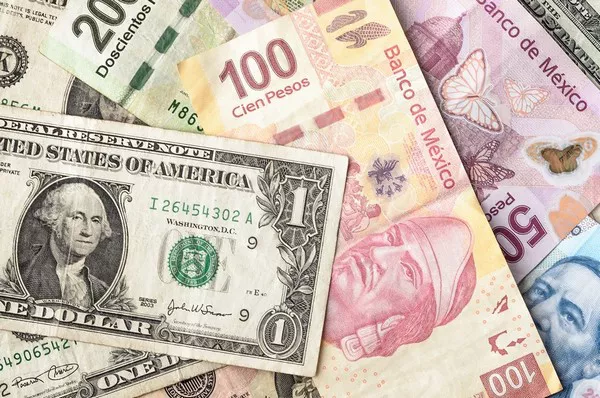The yen to USD exchange rate is an essential metric for investors, traders, and businesses. It measures the worth of one currency in terms of another and influences international trade, investment, and financial markets. This article will discuss what the current yen to USD exchange rate is, including its historical trends, factors influencing it, and its impact on global economies.
Current Yen to USD Exchange Rate
As of 26th June 2023, the yen to USD exchange rate stands at 0.0089. This means that one US dollar can buy approximately 112.47 yen. The yen has weakened considerably against the US dollar over the past year, which is good news for Japanese exporters who benefit from a weaker currency. In contrast, it makes imports more expensive and thus can lead to higher inflation.
Historical Trends
The yen has a history of high volatility against the US dollar. In the early 1970s, the yen was pegged to the US dollar until 1971 when the US abandoned the gold standard. Since then, the yen has floated freely against the US dollar, leading to significant fluctuations in the exchange rate.
One of the most significant events affecting the yen to USD exchange rate occurred in the late 1980s during the “bubble economy” period in Japan. At the time, the yen appreciated significantly against the US dollar, rising from around 250 yen per USD in the early 1980s to a peak of around 80 yen per USD in the late 1980s. However, this appreciation was not sustainable, and the yen’s value ultimately collapsed in the early 1990s after the bubble burst.
Factors Influencing the Yen to USD Exchange Rate
Several factors influence the yen to USD exchange rate. Some of these factors include:
1. Interest Rates: Monetary policy plays a crucial role in determining exchange rates. The Bank of Japan (BOJ) sets the interest rates for Japan, and any changes can impact the yen’s value. For example, if the BOJ raises interest rates, it attracts foreign capital to Japan, which strengthens the yen.
2. Market Sentiment: The yen is often used as a safe-haven currency during times of economic uncertainty or global market volatility. When investors are nervous about global events, they tend to invest in safe-haven assets such as the yen, which drives up its value.
3. Macroeconomic Indicators: Economic indicators such as GDP growth, inflation, and employment rates can also affect the yen’s value. If Japan’s economy is performing well, the yen may strengthen as investors have more confidence in the country.
4. Trade Balance: Japan is an export-oriented country, and its trade balance is closely watched by investors. If Japan exports more than it imports, it generates a surplus, which can boost the yen’s value.
Impact on Global Economies
The yen to USD exchange rate has a significant impact on global economies. As one of the world’s largest economies, Japan’s currency plays a crucial role in international trade and financial markets.
A weaker yen can benefit Japanese exporters as their products become more affordable globally. This can lead to increased sales, higher profits, and ultimately, economic growth. However, a weaker yen can also lead to higher inflation as imports become more expensive, which can hurt consumers’ purchasing power.
On the other hand, a stronger yen can make Japanese exports more expensive, reducing their competitiveness in global markets. This can hurt Japanese businesses and ultimately slow down economic growth. However, a strong yen can also reduce the cost of imports, leading to lower inflation and cost of living for Japanese consumers.
The yen’s value also impacts other countries, particularly those that have close economic ties with Japan. For example, a weaker yen can make Japanese imports cheaper for other countries, which can increase demand for Japanese products. However, it can also hurt other countries’ exports as their products become more expensive relative to Japanese goods.
Conclusion
In conclusion, the yen to USD exchange rate is an essential metric that affects global economies. Its value is influenced by various factors such as interest rates, market sentiment, macroeconomic indicators, and trade balance. Understanding the yen to USD exchange rate and its impact on global economies is crucial for investors, traders, and businesses looking to operate in Japan or with Japanese partners. As always, it’s important to stay up-to-date with the latest market trends and economic news to make informed decisions about financial investments and international trade.


